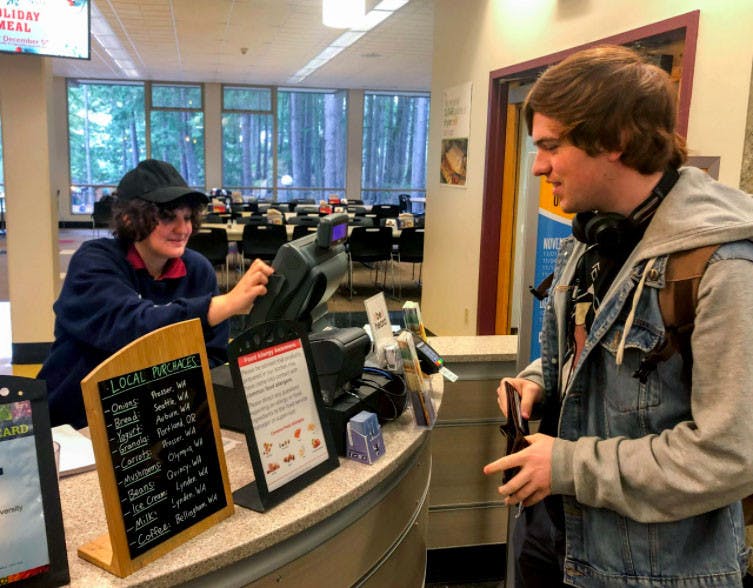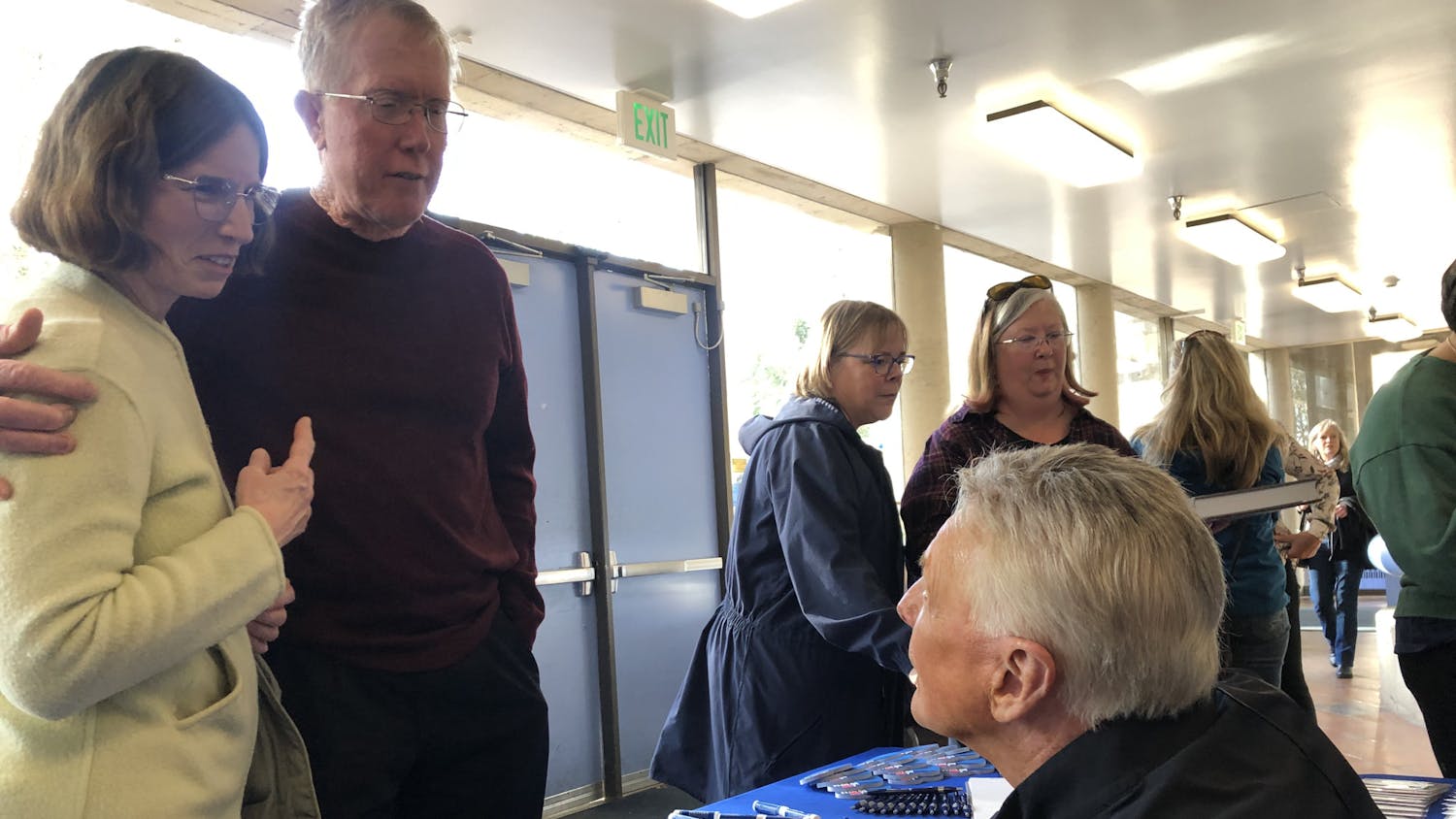
Spring 2020 quarter has changed how both work study students and supervisors meet their financial and employment responsibilities
Western’s shift to a remote quarter has affected work-study positions across campus, with changes made to students’ responsibilities and hours as a result of the campus-wide shutdowns.
Jordan Coady, a fourth-year environmental studies major and support staff at Western’s Institute of Environmental Toxicology, said she’s had to adapt to remote work.
“My paychecks were pretty substantial because I was going in at pretty regular hours,” Coady said. “The work I do now is much fewer tasks, but I space them out in a way that lets me clock in regular hours.”
Work-study positions are available toward eligible students based on financial aid status, with a student’s eligibility determined by the difference between their total cost of attendance and expected financial assistance. This includes sources such as grants, scholarships and family contributions. The positions allow students to work an hourly wage toward a federally, state and university funded financial award over the course of an academic year.
A students’ work-study hours are determined by the size of their financial award divided among the fall, winter and spring quarters, with students earning portions of their award relative to their work hours, according to the Student Employment Centers work study FAQ. Any unearned award will roll over to the following quarter, but unused funds by the end of the academic year are lost. Summer quarter does not offer work-study programs.
Colter Lemon, a fourth-year environmental studies and formal studies double major who works as program staff at the Institute of Environmental Toxicology, said the work-study program has allowed him to work remotely.
“I think that they’ve done a good job with me,” Lemons said. “That’s to say, my job hasn’t really changed. I’m literally doing the same thing except I’m sitting at home.”
University Communications Director Paul Cocke said in an email that work-study supervisors are coordinating with the Financial Aid Department to identify other forms of financial aid that may be available to work-study employees who cannot work their anticipated hours.
Cocke said that remaining spring 2020 work-study funds will still see use, with the Student Employment Center conducting a survey of all work-study students to determine who could continue to work remotely. Of the 75% students who responded, 82% reported they were able to continue to work all or part of their hours remotely.
“We anticipate that most spring work-study funding will end up being disbursed to students in the form of work-study wages,” Cocke said. “Financial Aid has received authorization from the U.S. Department of Education and Washington Student Achievement Council to turn a portion of work study funds into other needs-based aid, which will be awarded to needy students.”
With the COVID-19 pandemic causing a campus-wide shut down, many on and off-campus work-study positions have either been adapted to function remotely or been halted completely. The Financial Aid Departments’ COVID-19 FAQ refers students who are unable to continue their work remotely to Western’s job board on the Student Employment Center’s website.
Cocke said there’s a lull in work-study postings, with one on-campus and six off-campus positions available. Western anticipates additional postings to come through as jobs are redesigned to support remote work and the campus adjusts to a remote environment.
“Some jobs are simply not suited for remote work,” Cocke said. “In some cases, professional development related work-study cases can be assigned temporarily, but we anticipate the need to help some of our work-study students find new jobs that can be performed remotely.”
With the shift to remote work changing the demands of work-study positions, Coady said that online work-study can affect students who are unable to meet the demands of a remote environment.
“It's even hard when I'm on campus just because of general availability,” Coady said. “So, being busy with school and then also not having remote accessibility to work at your job is definitely going to impact how much money people are making.”
Lemons said that some workers on and off-campus haven’t had the opportunity to work in a remote environment.
“I know that a lot of my friends, you know, lost their jobs during this time,” Lemons said. “Whether it was work-study or just working off-campus and they couldn’t afford to keep their apartment. I’m really lucky I get to keep the job I need to be able to make rent.”
Coady said that her transition to remote work has impacted her available hours, going from 15-25 hours per two-week pay period to four hours.
“If you use your entire allotted award money in a quarter, then you're more likely to get the same amount or more money for the following quarter,” Coady said. “If I were to be at Western for another quarter, I would probably receive a lot less money.”
Cocke said that the unique circumstances of spring quarter 2020 will be considered for work-study students who reapply for aid in fall 2020, but eligibility will still be based on their FAFSA information.
“This quarter’s circumstances are being taken into account to address student needs for the current spring 2020 quarter.” Cocke said. “Work-study eligibility for the upcoming 2020-21 year will be based on income and asset information provided on next year's 2020-21 FAFSA.”





